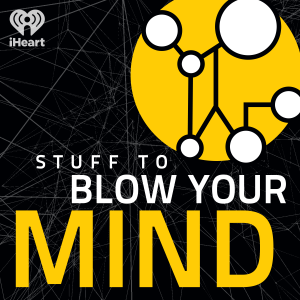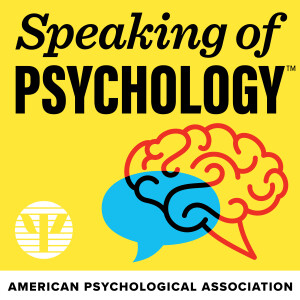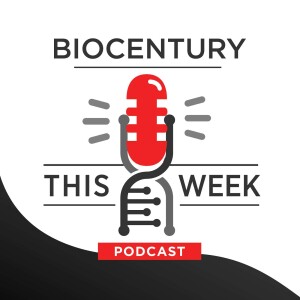

A program designed specifically with adolescents needs and culture in mind and trying to educate about mental health broadly, including how to create a mental health positive educational environment, training on potentially how to triage or support students who are in difficulty and distress, and increasing knowledge of our campus specific resources.
@drschwank
@unesurcent
Training program for faculty and staff:
A three-hour virtual asynchronous series of modules and then an optional two hour workshop to ap...
A program designed specifically with adolescents needs and culture in mind and trying to educate about mental health broadly, including how to create a mental health positive educational environment, training on potentially how to triage or support students who are in difficulty and distress, and increasing knowledge of our campus specific resources.
@drschwank
@unesurcent
Training program for faculty and staff:
- A three-hour virtual asynchronous series of modules and then an optional two hour workshop to apply the learning.
- A one hour e-module for upper school teaching assistant and coaches version.
- Two hour practical workshop.
Preliminary research on the training program has shown: at least pre post improvements and knowledge, reductions in negative attitudes, reductions in stigma, and most notably, increases in confidence in people’s knowledge, their ability to respond and support a student in need.
What can teachers and educators do?
- Non-judgemental listening.
- Be there and dare to ask how students are doing.
- Discuss mental health in school, destigmatising it.
- Create a positive educational environment.
- Triage students that need support.
- Collaborate with psychologists and other experts.
- Adress mental health issues before it’s too late.
- Students with mental health issues just want the be seen.
Comments (3)
More Episodes
All Episodes>>Create Your Podcast In Minutes
- Full-featured podcast site
- Unlimited storage and bandwidth
- Comprehensive podcast stats
- Distribute to Apple Podcasts, Spotify, and more
- Make money with your podcast
It is Free












